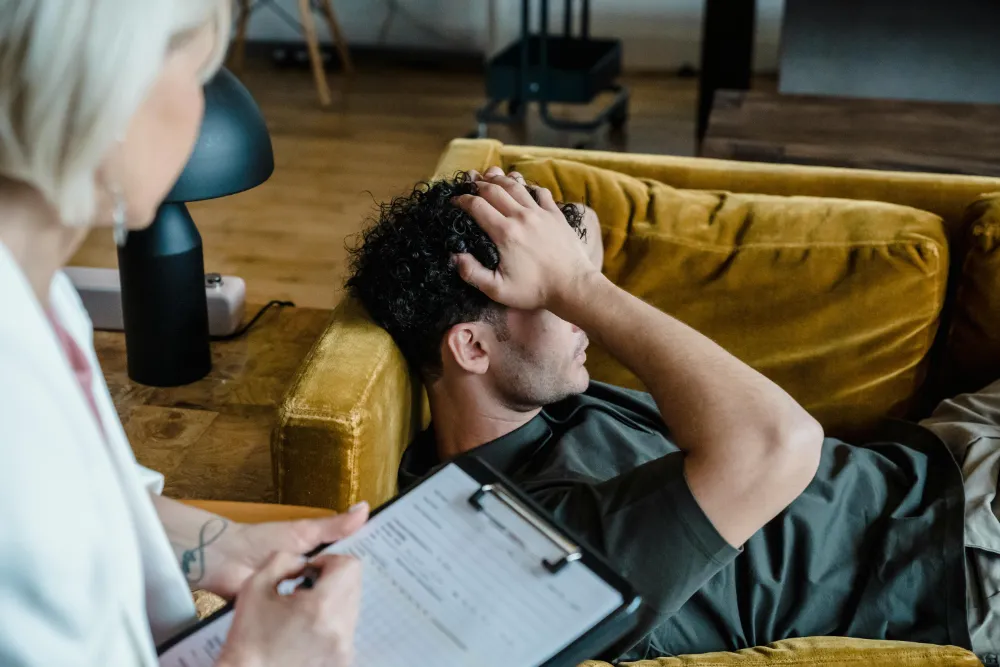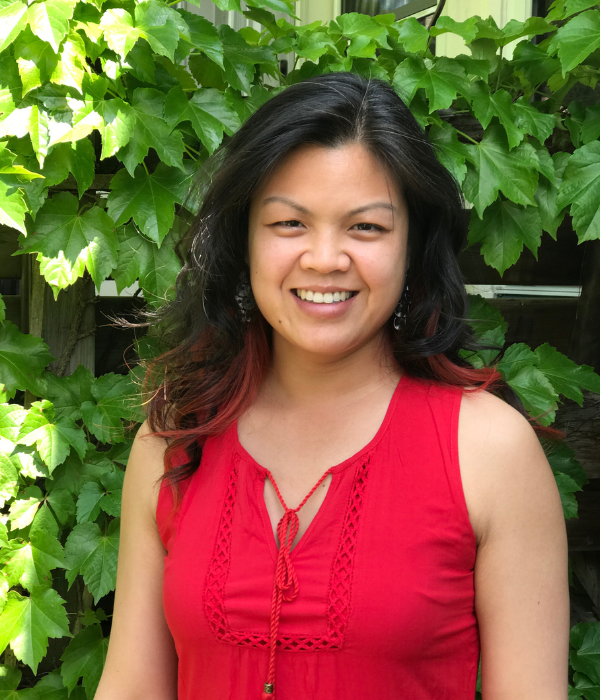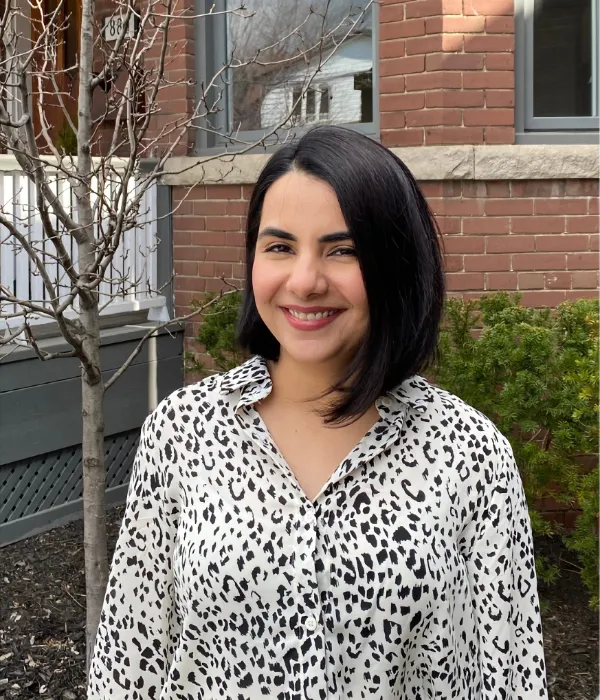Cognitive Behaviour Therapy (CBT)
Cognitive Behaviour Therapy (CBT) is an extensively researched treatment that has shown its effectiveness in treating a wide range of issues, such as depression, anxiety, eating disorders, substance use disorders (addictions), and PTSD.
In CBT, individuals become aware of the links between their moods, thoughts and behavior. They learn how to engage in more helpful behavior and more positive, realistic and balanced thinking to influence their moods.
CBT is practical, present-oriented, focused on problem-solving, and short-term. Treatment typically ranges from 12-20 sessions.
At Broadview Psychology, we offer CBT individually as well as in groups.

Cognitive Behaviour Therapy for OCD: Exposure and Response Prevention (ERP)
Exposure and Response Prevention (ERP) is an evidence-based treatment for Obsessive Compulsive Disorder. Treatment includes repeated exposure to an anxiety provoking situation, thought, or image while resisting the urge to avoid or engage in compulsions or behaviours that serve to decrease anxiety. When we stop responding to alarm signals in our brain (the intrusive thoughts), these signals become quieter and easier to manage over time.
At Broadview Psychology, this treatment begins with an assessment followed by building an individualized treatment plan that includes an exposure hierarchy. The hierarchy is a collaborative process between client and therapist that outlines gradual steps to take to face these fears. The ultimate goal of ERP is to learn to tolerate discomfort and uncertainty while acting in accordance with personal goals and values. This approach involves weekly one-hour individual therapy sessions with a therapist. Some clients also benefit from additional group CBT treatment for OCD and/or individual behavioural coaching sessions with clinic staff trained in administering exposures. Treatment is tailored to the unique needs and symptom presentation of each client.
Cognitive Behaviour Therapy for Trauma (PE, CPT, Trauma Focused CBT)
- Re-experiencing the event through intrusive thoughts, flashbacks or nightmares
- Feeling constantly aroused, on edge, hypervigilant
- Avoiding reminders of the trauma, including thoughts and memories
- Having difficulties with attention, concentration or sleep
- Experiencing intense emotions, including anxiety, guilt, shame, hopelessness, irritation and anger
Clinicians at Broadview Psychology are trained in providing Prolonged Exposure (PE and DBT-PE), Cognitive Processing Therapy (CPT) and Trauma Focused CBT. These CBT approaches aim to enable clients to gain an understanding of the impact of their trauma, reduce avoidance associated with trauma triggers, process emotions and beliefs related to the trauma, and decrease PTSD symptoms.


Cognitive Behaviour Therapy For Insomnia (CBT-I)
Although it is common for many people to experience occasional sleep difficulties, for some people these difficulties occur more frequently and impact their physical and mental health, and their functioning. Chronic insomnia includes a persistent difficulty in one or more of the following: falling asleep, staying asleep, or waking up too early. At Broadview Psychology, we provide CBT for Insomnia through individual sessions. CBT-I is a highly effective non-pharmacological, brief (e.g. 4-6 sessions) treatment that has long-lasting effects for people with insomnia. The majority of people treated with CBT-I see improvements and almost half of people no longer have insomnia at the end of treatment.






















